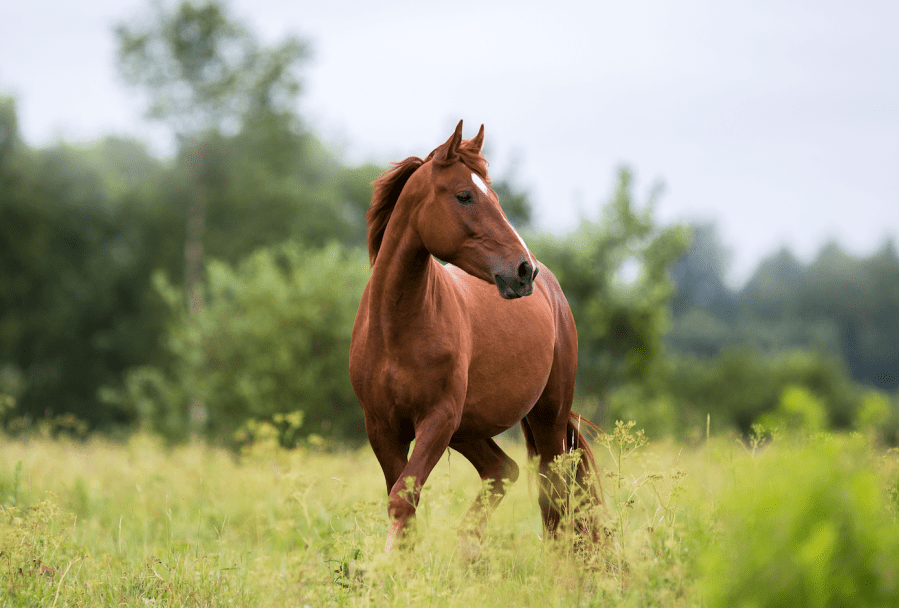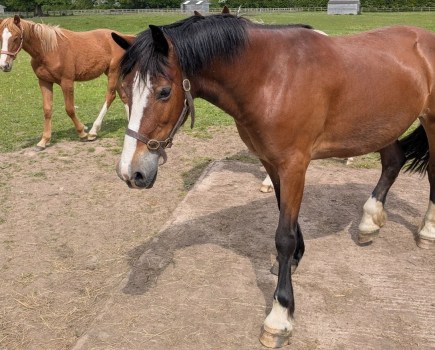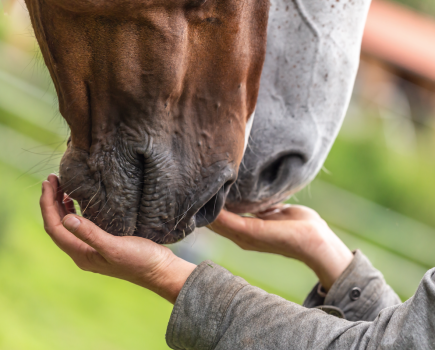Pan-industry group CANTER (Controlling ANTiparasitic resistance in Equines Responsibly) unveiled its first set of guidelines for worm control in UK horses at the Equine Infectious Disease meeting last week.
The guidelines, which have been written by vets, parasitologists and other industry professionals, provide evidence-based information on the key principles on sustainable equine parasite control in horse care.
Currently, these guidelines are aimed at vets, pharmacists and other suitably qualified persons (SQPs) who are involved in the prescription of equine wormers in the UK. The group will next look to produce guidelines and resources for horse owners.
‘Very real threat’
“Publishing the first edition of these industry-agreed guidelines is a seminal moment in the life of CANTER and our work to address the very real threat posed by anthelmintic resistance,” said Dr Alison Pyatt, CANTER chair and Veterinary Medicines Directorate International Programme Manager.
“The CANTER Guidelines offer a comprehensive resource to inform the decision-making process and underpin the advice given at the point of prescribing to promote this behaviour change. We encourage prescribers to read them, refer to them and reference them in their practice.”
The key messages from these guidelines are that repeat blanket treatments are no longer recommended. Instead, applying pasture and horse management strategies are the way forward in reducing parasitic infection and breaking worm transmission cycles. Monitoring tools such as worm egg counts should also be used.
“Moving to non-chemical management strategies and utilising monitoring tools to inform the need to treat is the only way we will maintain the efficacy of our limited treatments and safeguard horse health into the future,” continued Alison.
Free resource
The CANTER guidelines are free and available to everyone on the CANTER website at www.canterforhorses.org.uk.
“Antiparasitic resistance is a critical and growing threat to equine health and welfare so the publication of the CANTER guidelines as key principles for equine parasite control is a huge step forward in tackling this crisis,” said World Horse Welfare’s Chief Executive, Roly Owers MRCVS.
“We have no doubt that the much-anticipated publication of the guidelines will be essential in promoting clarity and consistency in the approach to sustainable equine parasite control.”







